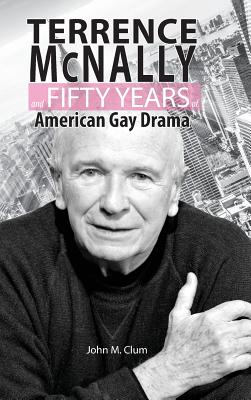
No Modifier Required
Although [Terrence] McNally’s gay bona fides are beyond question, he resists being labeled a “gay playwright.”
MoreNovember-December 2016

Although [Terrence] McNally’s gay bona fides are beyond question, he resists being labeled a “gay playwright.”
More
As Whisnant points out, the identity and cultural politics he examines resonate with recent American queer history. Even without that relevance, his work is approachable and engaging.
More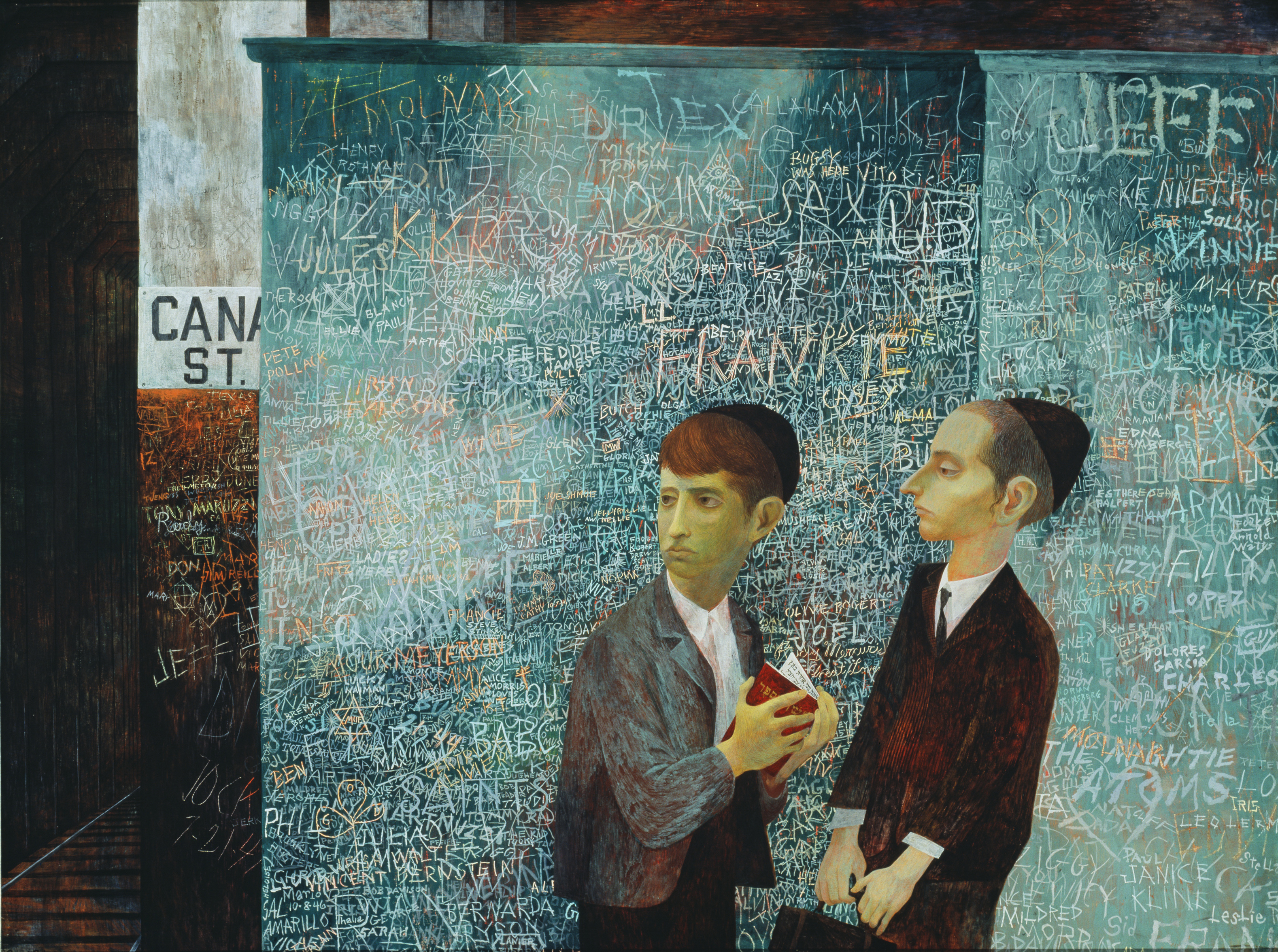
The son of Russian Jewish immigrants, Bernard Perlin was born in 1918 in Richmond, Virginia. He was sent to art school in New York at age fifteen and had early success as a muralist for Depression-era public works projects.
MoreSOUTH AFRICAN Constitutional Court Justice Edwin Cameron is a leading activist on gay rights and HIV/AIDS whom the late Nelson Mandela called a “new hero for South Africa.”
More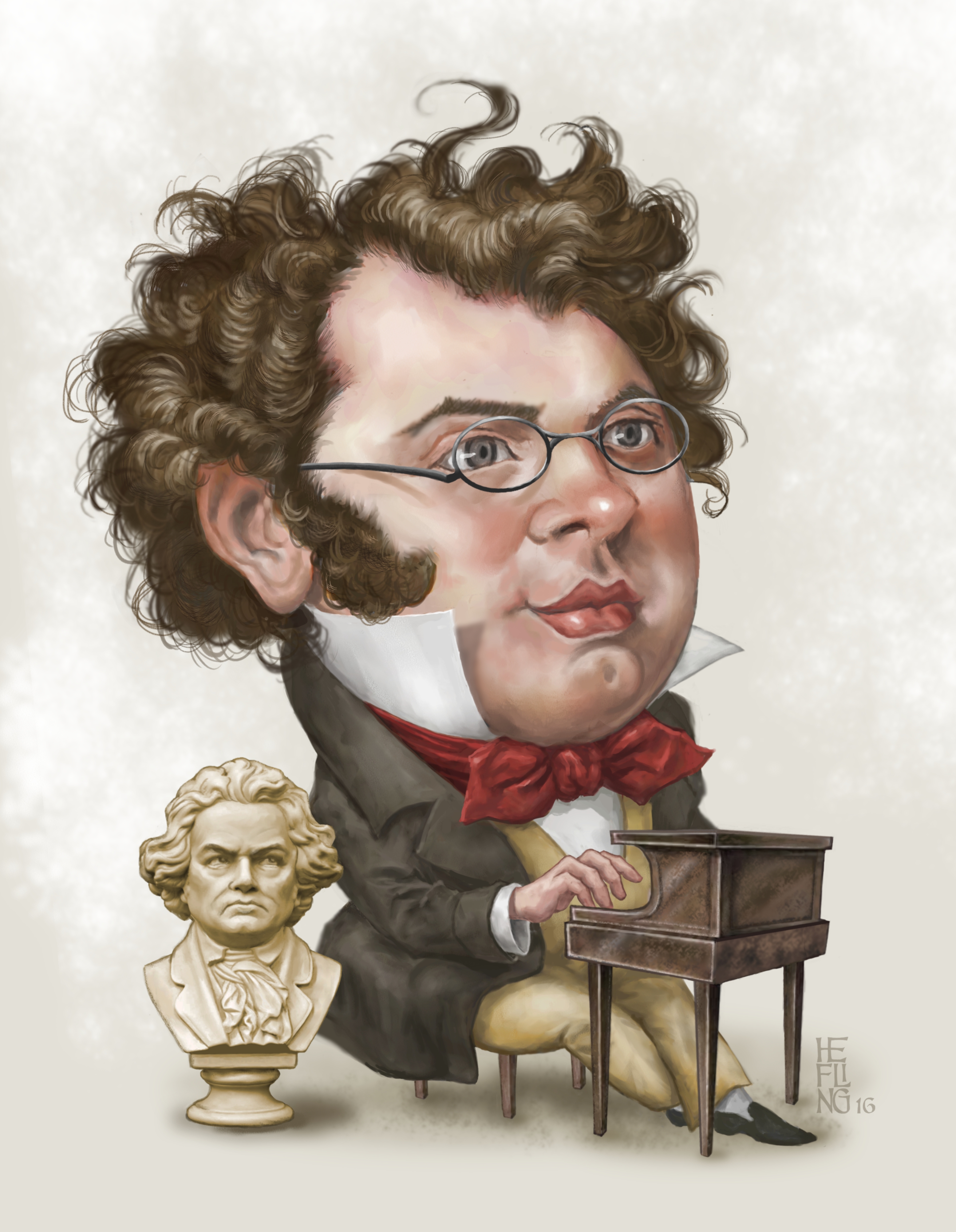
If Schubert was the musical center of this mostly male cultural group, the literary center was his best friend Franz Schooner, …
More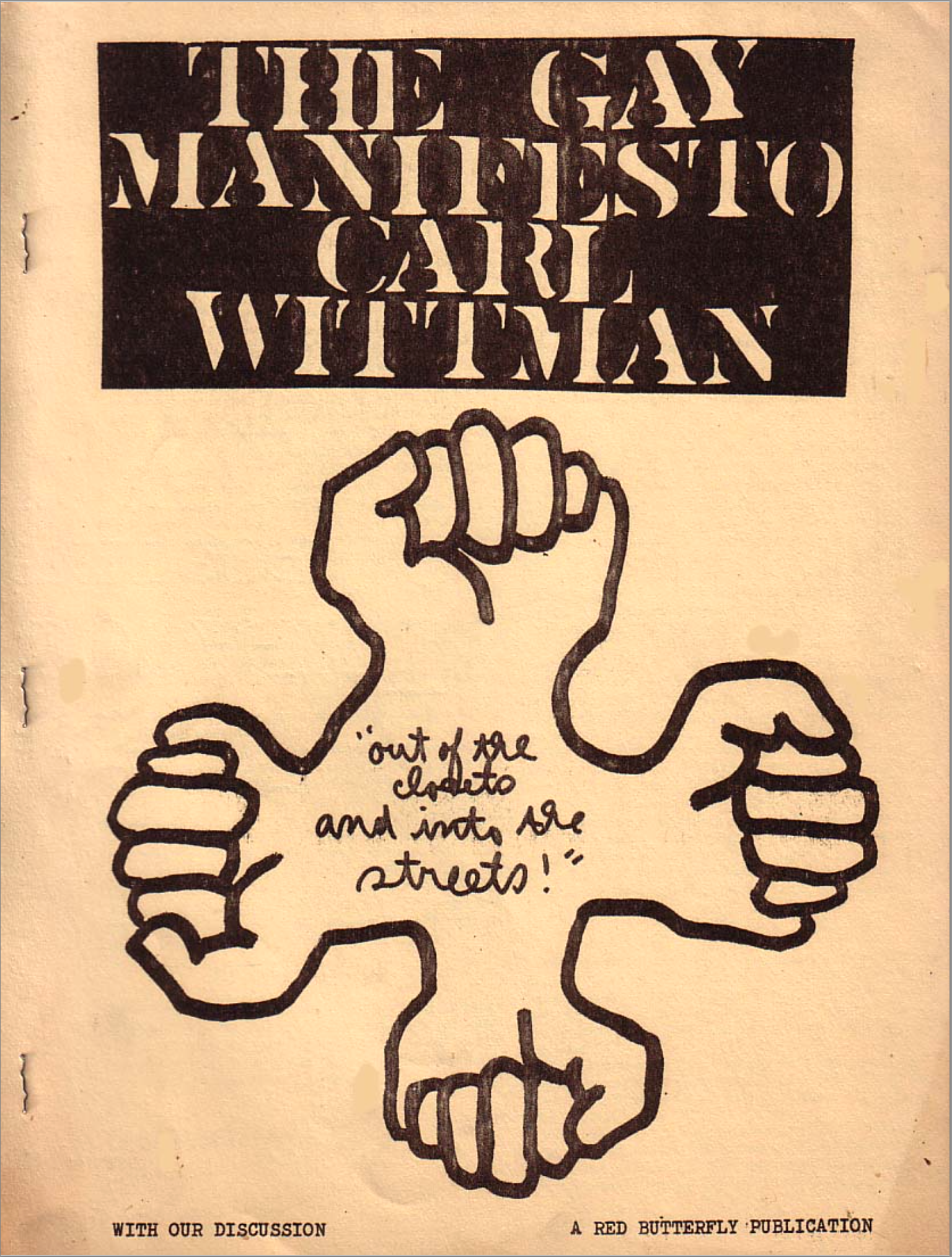
Carl’s models for the Manifesto were Marx’s Communist Manifesto and the SDS Port Huron Statement. Consequently, it was written in the style of a left-wing screed.
More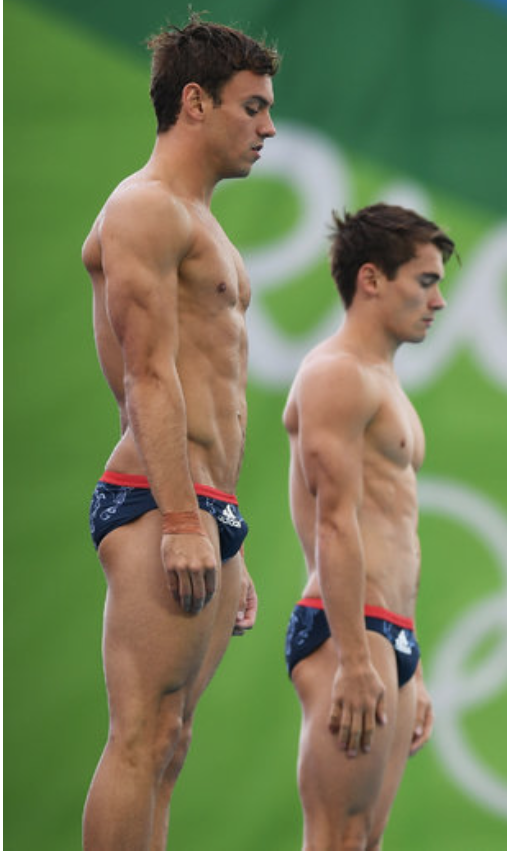
Follow-up on the Zombie News
Three Photo Ops from the 2016 Rio Olympics
Handwriting on the Wall
Check In!
More Antecedents to John Boswell
To the Editor:
As the survivor of an ex-gay Christian ministry, I read with great interest Brian Bromberger’s essay titled “John Boswell’s Religious Restoration” in the July-August 2016 issue. And while I resist Boswell’s sympathetic attitude toward the Catholic Church, I do agree with Bromberger’s assertion that “Boswell paved the way for other scholars to rediscover obscure, long-ignored texts and individuals that point to hitherto unacknowledged desires and relationships.”
MoreIn my work as a human trafficking expert witness and researcher, I have become acutely aware of internationally acclaimed organizations that restrict resources based on a victim’s sexuality.
More
Five days later, Russo entered NYU Medical Center for the last time. Five years later, Arnie Kantrowitz donated Russo’s papers to NYPL. Twenty-one years further on, I’m honored to study papers deemed too personal for immediate access. Scandalous they generally aren’t. But they do offer a richer portrait of this passionate, funny, sometimes difficult, always loving activist: America’s fiercest film queen, one whose political legacy reaches far into a century he never knew.
More